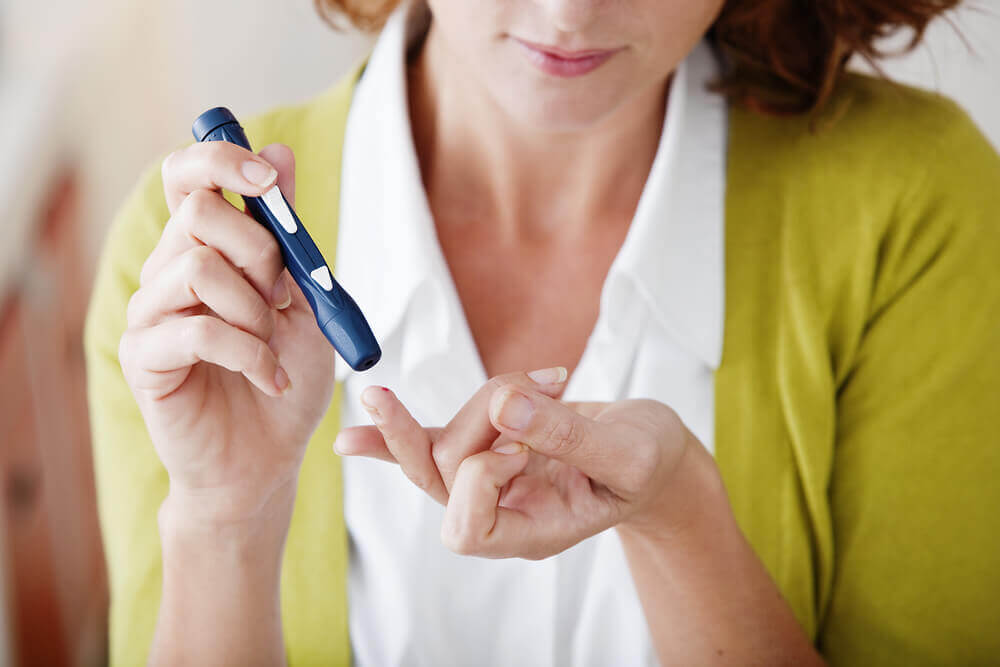In March 2013, the FDA approved SGLT2 inhibitor Invokana for treating type 2 diabetes. Since then, the FDA received over 5,484 reports about Invokana injuries. In fact, some Invokana injuries cited are life-threatening. As a result, thousands of Invokana lawsuits are now underway.
Invokana Injuries Skyrocketing, According to FDA Reports
Within one year, patients reported 457 major Invokana injuries (including kidney failure, diabetic ketoacidosis, and others) to the FDA. By mid-2015, adverse drug event reports reached 5,484. In 2015, the FDA issued a warning to patients and healthcare providers about these Invokana injuries. They warned Invokana and other SGLT2 inhibitors may lead to diabetic ketoacidosis (DKA). DKA is an extremely serious condition where the body produces excessive blood acids called ketones. Acidic blood can cause a list of serious injuries, including heart attack, stroke, and kidney failure. In the statement, the FDA encouraged those who have taken Invokana to look for potential warning signs of DKA, including “difficulty breathing, nausea, vomiting, abdominal pain, confusion, and unusual fatigue or sleepiness.”
With just 20 diabetic ketoacidosis cases reported before March, that number rose to 168 by year’s end.
How Does Invokana Work?
Type 2 diabetes is the most common form of diabetes, and if affects millions of Americans of all ages. Type 2 diabetes increases high blood sugar risks, including heart disease, nerve damage, kidney damage and blindness. So, it’s important for type 2 diabetics to find medication that effectively regulates their blood glucose levels. Initially, the manufacturer marketed Invokana as the first drug in a new class of diabetes treatments. Invokana is designed to help those with type 2 diabetes control their sugar levels — or more specifically, to improve their glycemic control.
As an SGLT2 inhibitor — a “sodium-glucose co-transporter 2” — Invokana stops the kidney from reasorbing glucose, leading to lower blood sugar levels. Essentially, Invokana inhibits the body from holding onto too much sugar. By increasing glucose excretion, through urination, Invokana also lowers blood glucose levels, especially for those with higher blood sugar levels (those with type 2 diabetes, most specifically).
The FDA claimed that Invokana was widely tested for both safety and effectiveness through a series of nine clinical trials — including over 10,000 patients with type 2 diabetes. From the trials it was found that hemoglobin A1c levels (one of the ways blood sugar is measured) were improved, and that fasting blood sugar levels were also improved.
Why is this Problematic?
Invokana is a diuretic. This means that SGLT2 inhibitors like Invokana eliminate excess blood sugar through urine. Basically, Invokana causes the kidneys to actually remove excess sugar through urination. Because Invokana works this way, the most common side effects are vaginal yeast infection and urinary tract infection. Invokana can also potentially cause sudden blood pressure changes when patients stand up. This can result in dizziness or fainting.
New Information About SGLT2 Inhibitors
In December 2015, the FDA issued a serious warning concerning the effects on the kidneys by drugs like Invokana that control blood sugar through urination. They stated that SGLT2 drugs may increase “the risks of too much acid in the blood and of serious urinary tract infections. Both conditions can result in hospitalization.” In addition, the FDA urged any patient taking an SGLT2 inhibitor to stop taking it, and meet with their doctor to evaluate possible symptoms of ketoacidosis — a condition that causes extra, harmful levels of acid in the blood. Ketoacidosis is a serious condition, and requires medical treatment. Symptoms include nausea, vomiting, abdominal pain, fatigue, and trouble breathing. Because SGLT2 inhibitors lower blood sugar levels, doctors may not properly diagnose the condition. This is because Invokana lowers blood sugar, which is also how doctors diagnose ketoacidosis.
Patients taking SGLT2 drugs are also encouraged to watch for signs of a urinary tract infection, and to seek medical attention for any symptoms such as:
- burning during urination
- need to urinate often or immediately
- pain in the lower stomach or pelvis
- blood in the urine
Should You File an Invokana Lawsuit?
Major Invokana injuries may cause additional health problems or conditions. As more severe Invokana side effects occur, you should consult legal professionals for further assistance. Get your free Invokana claim review today and find out if you may have a case.
Related:Invokana Side Effects – Type 2 Diabetic Toe Amputations & Other Risks
Lori Polemenakos is Director of Consumer Content and SEO strategist for LeadingResponse, a legal marketing company. An award-winning journalist, writer and editor based in Dallas, Texas, she's produced articles for major brands such as Match.com, Yahoo!, MSN, AOL, Xfinity, Mail.com, and edited several published books. Since 2016, she's published hundreds of articles about Social Security disability, workers' compensation, veterans' benefits, personal injury, mass tort, auto accident claims, bankruptcy, employment law and other related legal issues.

